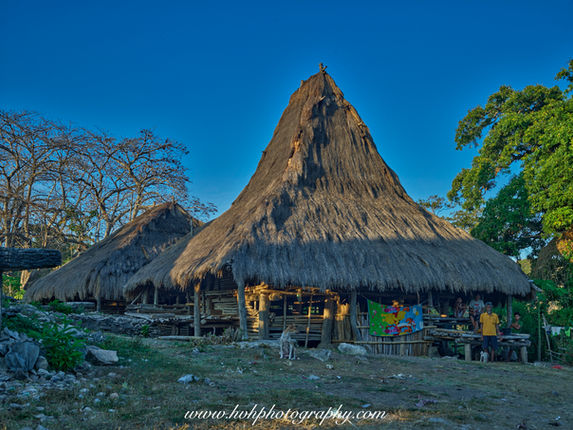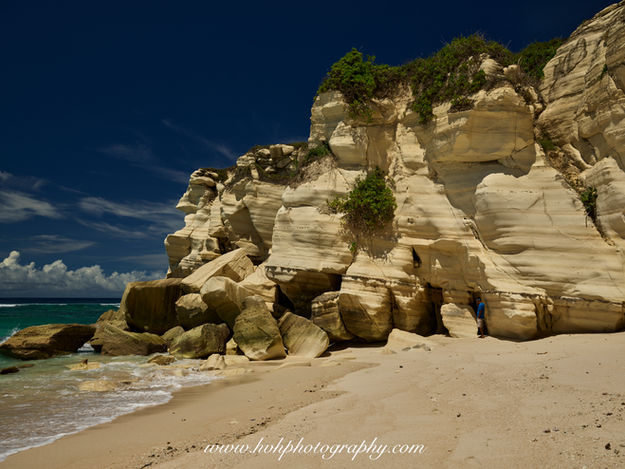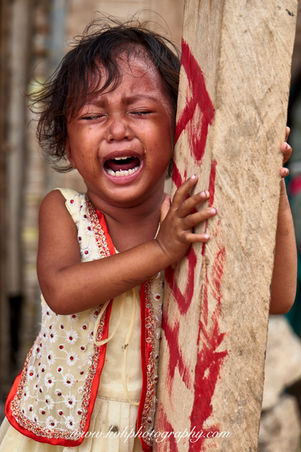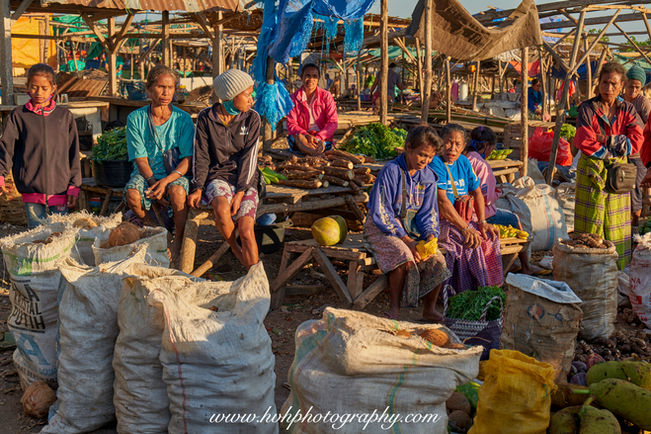top of page
The Island of Sumba
Sumba – A Journey Through Culture, Cuisine & Captivating Beauty
Over the past two decades, I’ve been fortunate to visit Sumba several times—initially drawn by the idea of climbing remote peaks (which, as it turns out, don’t really exist on this rugged and isolated island). What I discovered instead was a land rich in cultural depth, raw beauty, and deeply rooted traditions that are as vivid and striking as the landscapes themselves.
My connection to Sumba deepened through my collaboration with the Sumba Hospitality Foundation (SHF) - https://sumbahospitalityfoundation.org/id/makandulu where I had the unique opportunity to assist in setting up their training restaurant serving traditional Sumba specialities. As part of this meaningful project, I helped introduce traditional Sumbanese cuisine into the SHF curriculum, a process that took me on an unforgettable culinary journey across the island. From humble family kitchens to bustling local eateries, I was welcomed warmly and shown the secrets of Sumba’s unique flavors—often prepared over open fires, with ingredients sourced from nearby hills, gardens, or markets.
These experiences were not just educational; they were profoundly inspiring. Traveling across Sumba gave me the chance to capture the island's rich visual story—from colorful morning markets and timeworn megalithic tombs to quiet moments inside traditional homes and expansive coastal scenes. The simplicity of life, the kindness of the people, and the vibrant culture are all reflected in the images featured on this page.
Sumba, part of Indonesia's Lesser Sunda Islands, lies just over an hour east of Bali by air, yet it feels worlds apart. The island is bordered by Sumbawa to the northwest, Flores to the northeast, Timor to the east, and the vast Indian Ocean to the south. Its relatively untouched nature makes it one of Southeast Asia’s hidden gems.
Historically known as the Sandalwood Island, Sumba has preserved many ancient traditions. Despite Dutch colonial influence in the 19th century, the island has retained much of its indigenous heritage. Most notable is the ongoing use of megalithic burials, a tradition rarely seen in the modern world. Villages like Anakalang still uphold this age-old practice, and cultural events like the fierce Pasola—a ritual horseback battle involving hundreds of spear-wielding riders—speak to Sumba’s deep ancestral roots.
What makes Sumba so special, beyond its landscapes and ceremonies, is its people. Their pride, resilience, and generosity are ever-present, and I am grateful to have been welcomed into their homes and lives. The photographs on this page aim to share a glimpse into that world—one that continues to teach me new things with every visit.

bottom of page


























